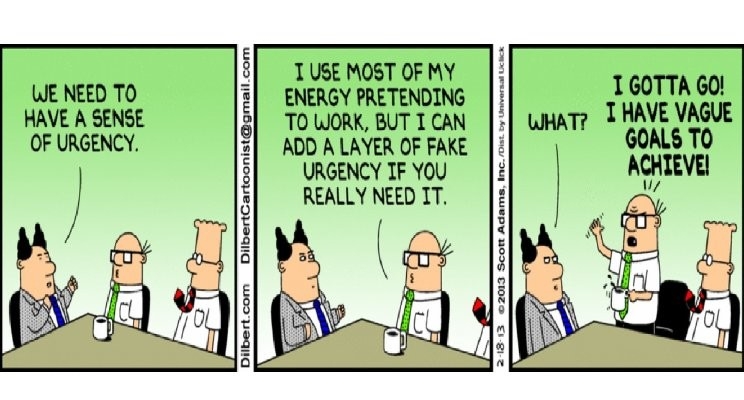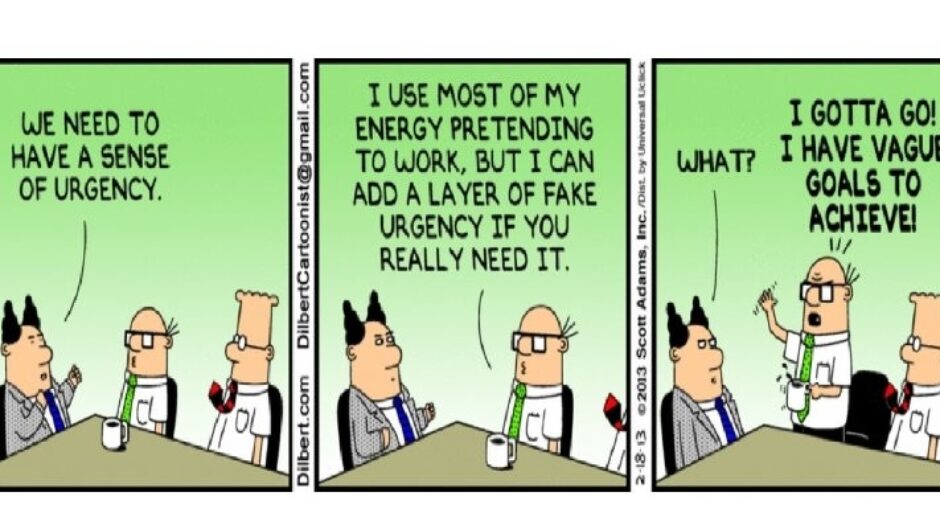
There was not any more money in the world the day before Hurricane Katrina than there was the day after Hurricane Katrina. Yet tens of millions of aid dollars flowed to help out the hurricane victims. Why was that? The answer is urgency.
Every time that there was a natural disaster in the world, the Government of Canada issued a challenge to its citizenship to match the funds allocated by the government. Many people took the government up on the challenge. Donors quickly realized that their support would have an immediate impact. The visuals of the devastation made for quite a compelling case. This is truly what drives modern-day fundraising. If the case for support is not urgent, then the donor (or prospective donor) will likely defer support.
This little nugget of knowledge begs the question — how can you make your case truly urgent? Donors are becoming more and more sophisticated and can see through false urgency (a traditional endowment campaign is not urgent, I would argue). But, perhaps, how it is marketed could convey urgency. Perhaps there are matching funds that are time-dependent that could be used to convey urgency. Having a start and a finish to a campaign also creates a sense of urgency.
That being said, urgency at times, contradicts being truly donor-centered. To be truly donor-centered, the organization must meet the donor on their terms — to support what they are interested in the time that they are willing to support the organization. (For every ‘rule’ out there, one finds the other side of the coin).
I have fundraised for brick-and-mortar campaigns, for endowment campaigns, for annual campaigns, for post-war support and even for debt relief campaigns. One of the proudest moments of my career was when we gathered a group of Top Donors together to help in a rebuilding effort after the Israel/Lebanon war in 2006. In approximately one hour, the community raised over $1,000,000. Again, urgency drove the action.
L’chaim
jack




